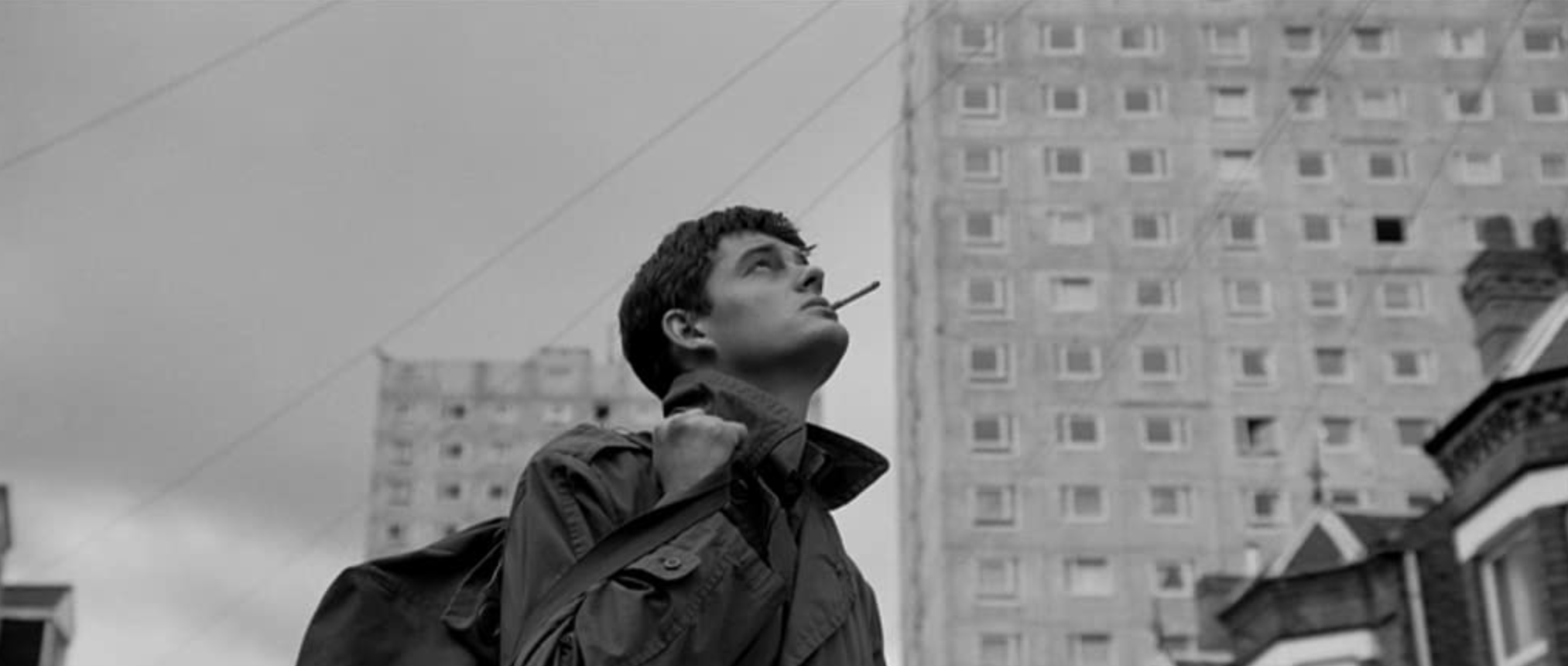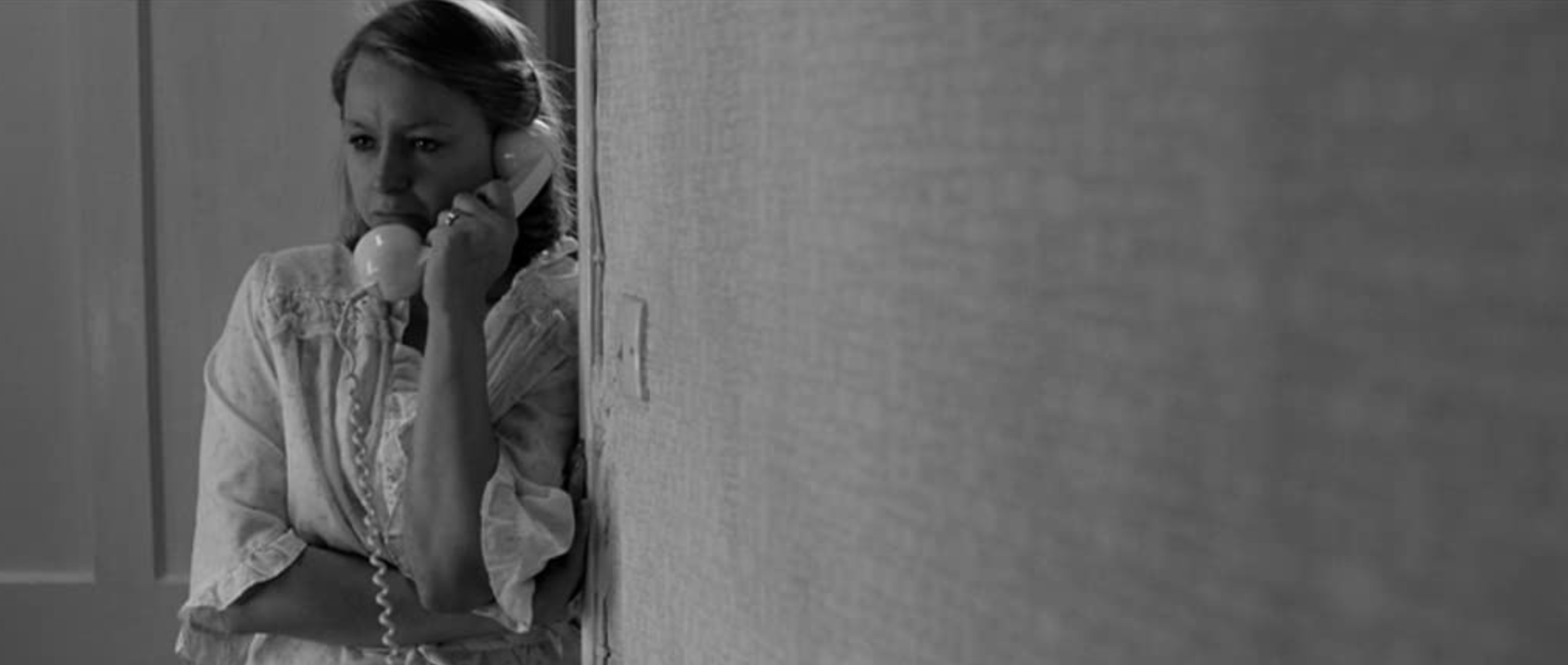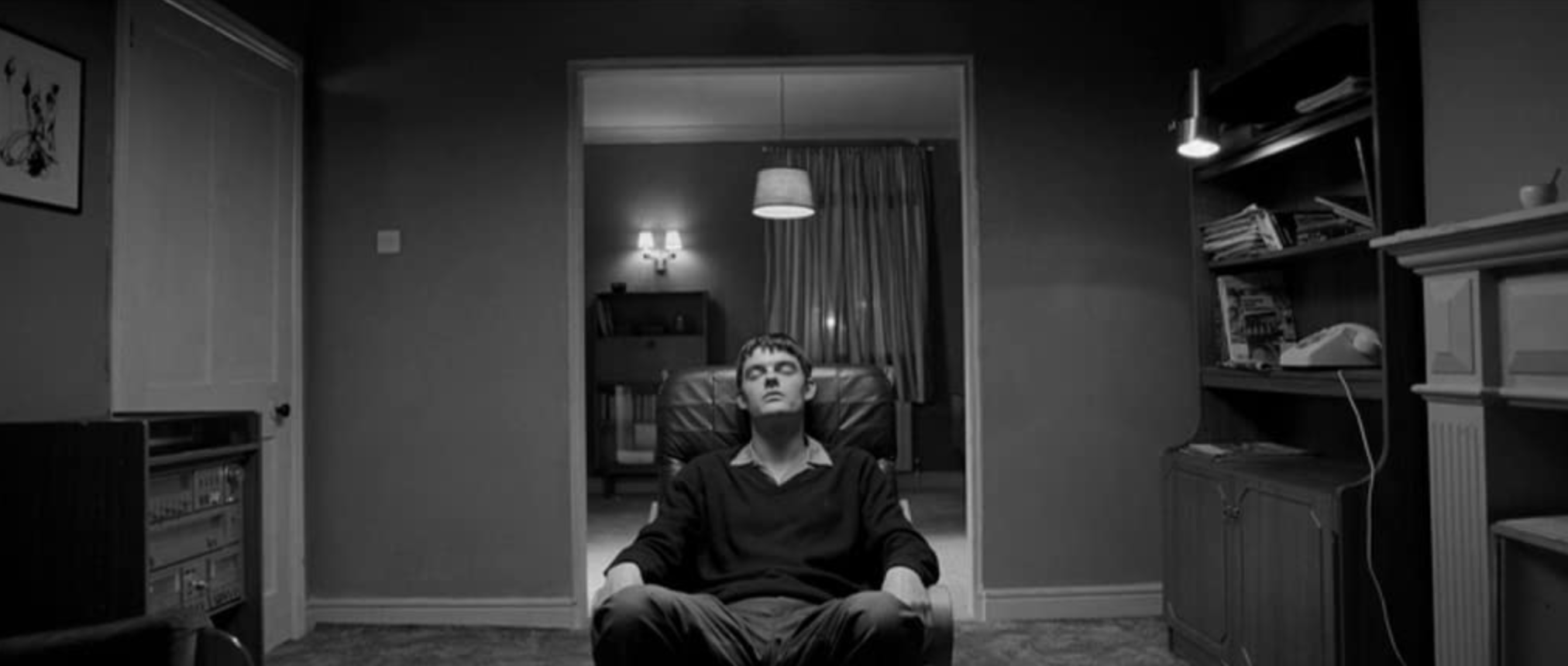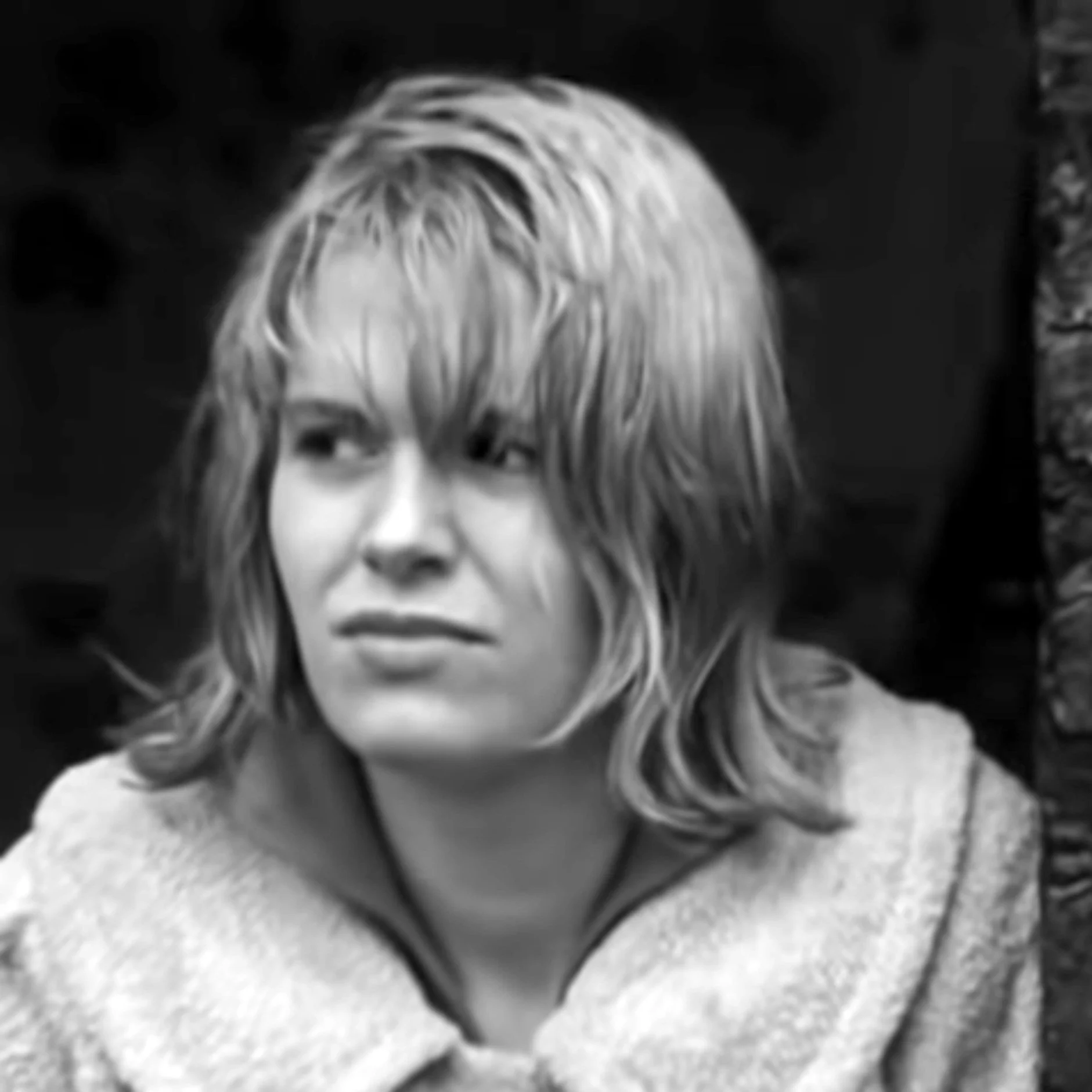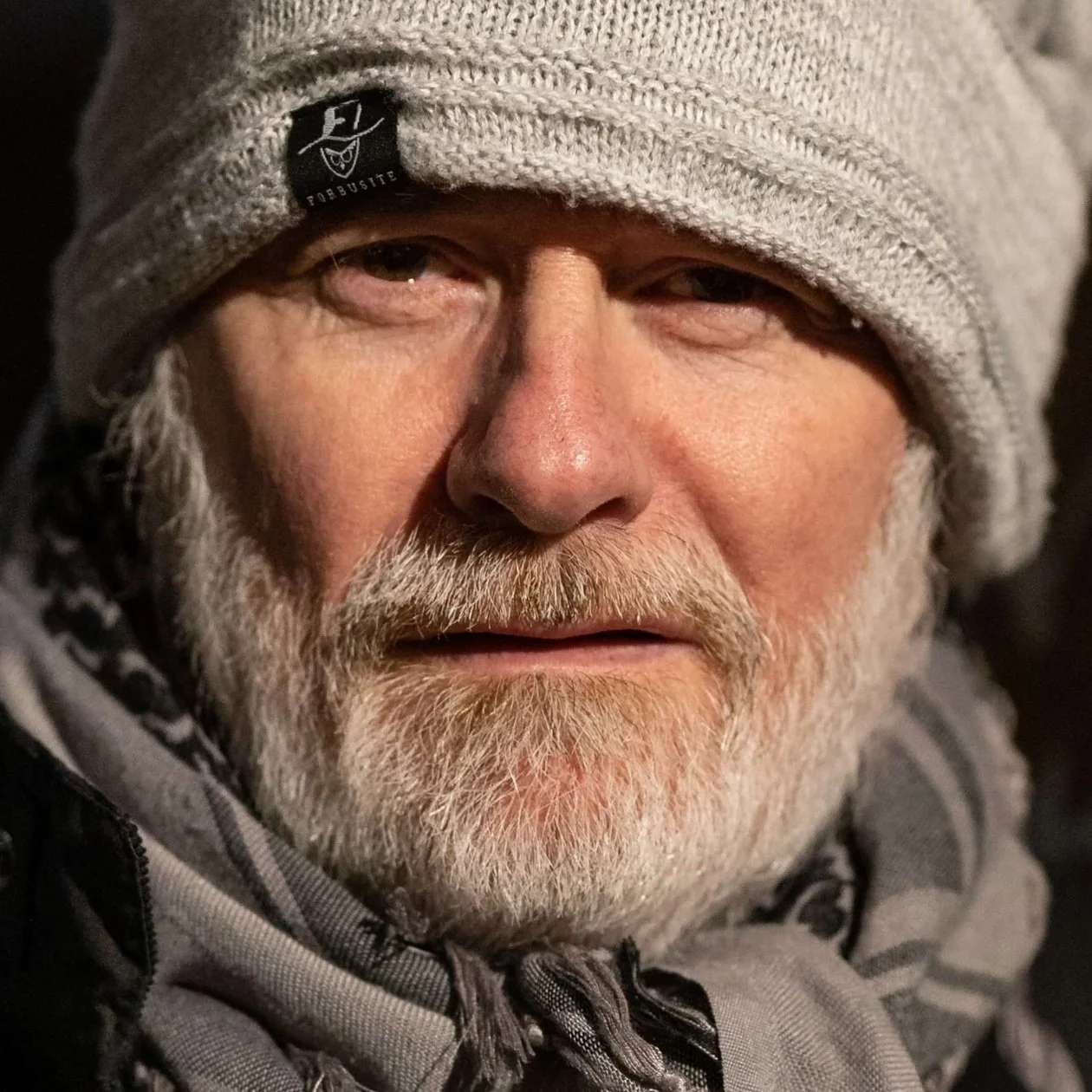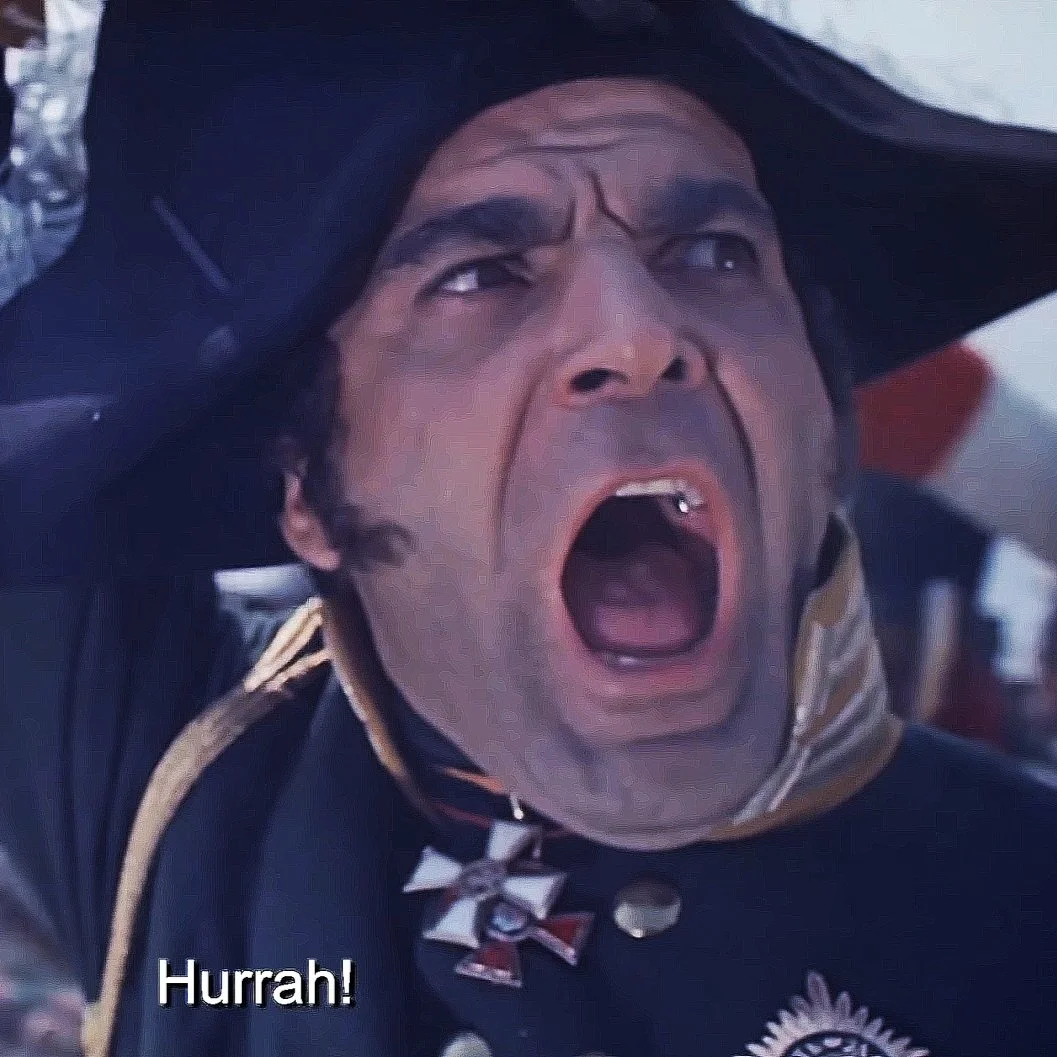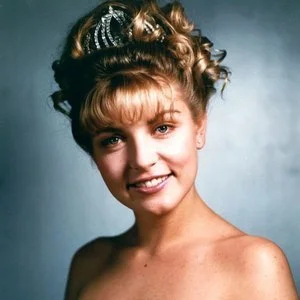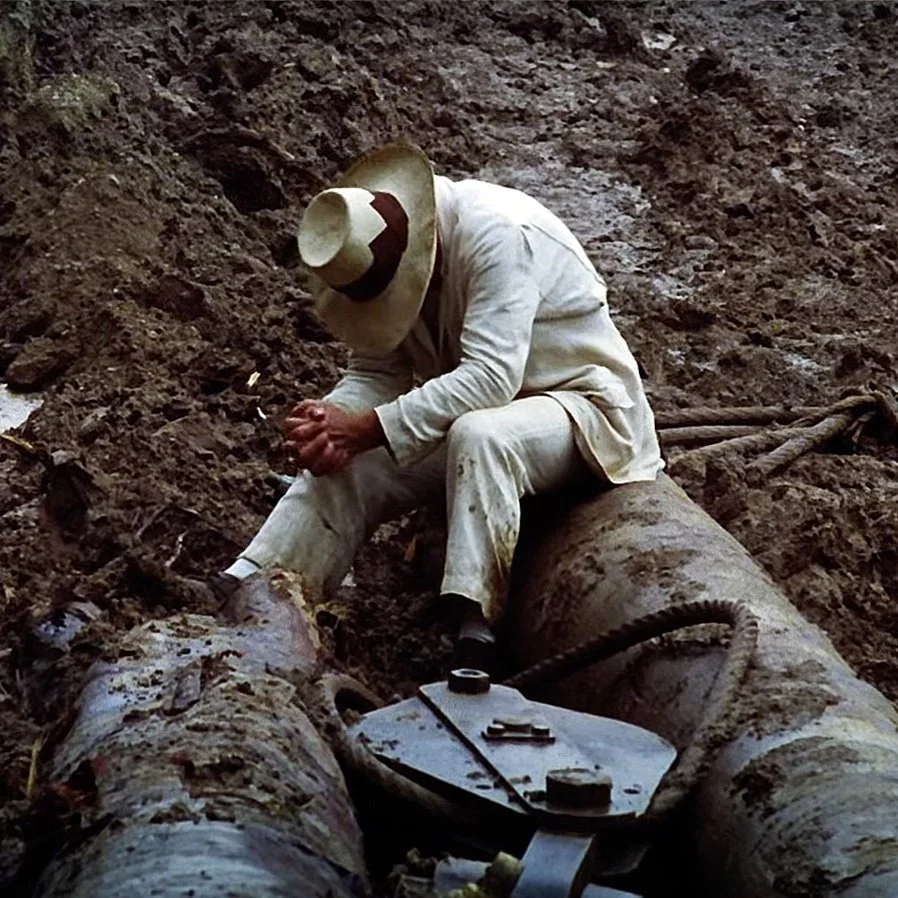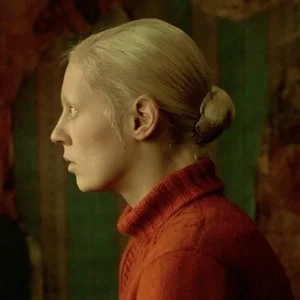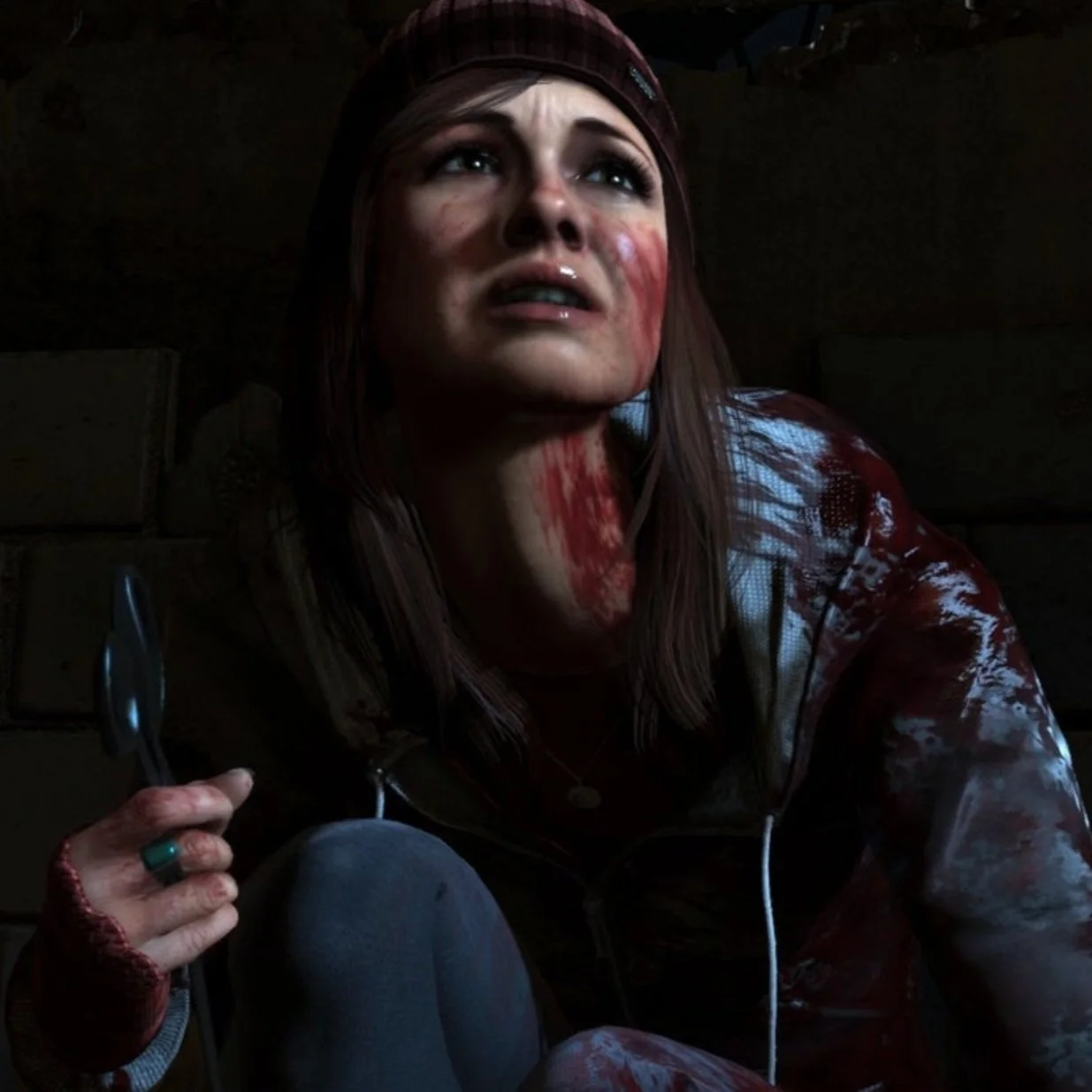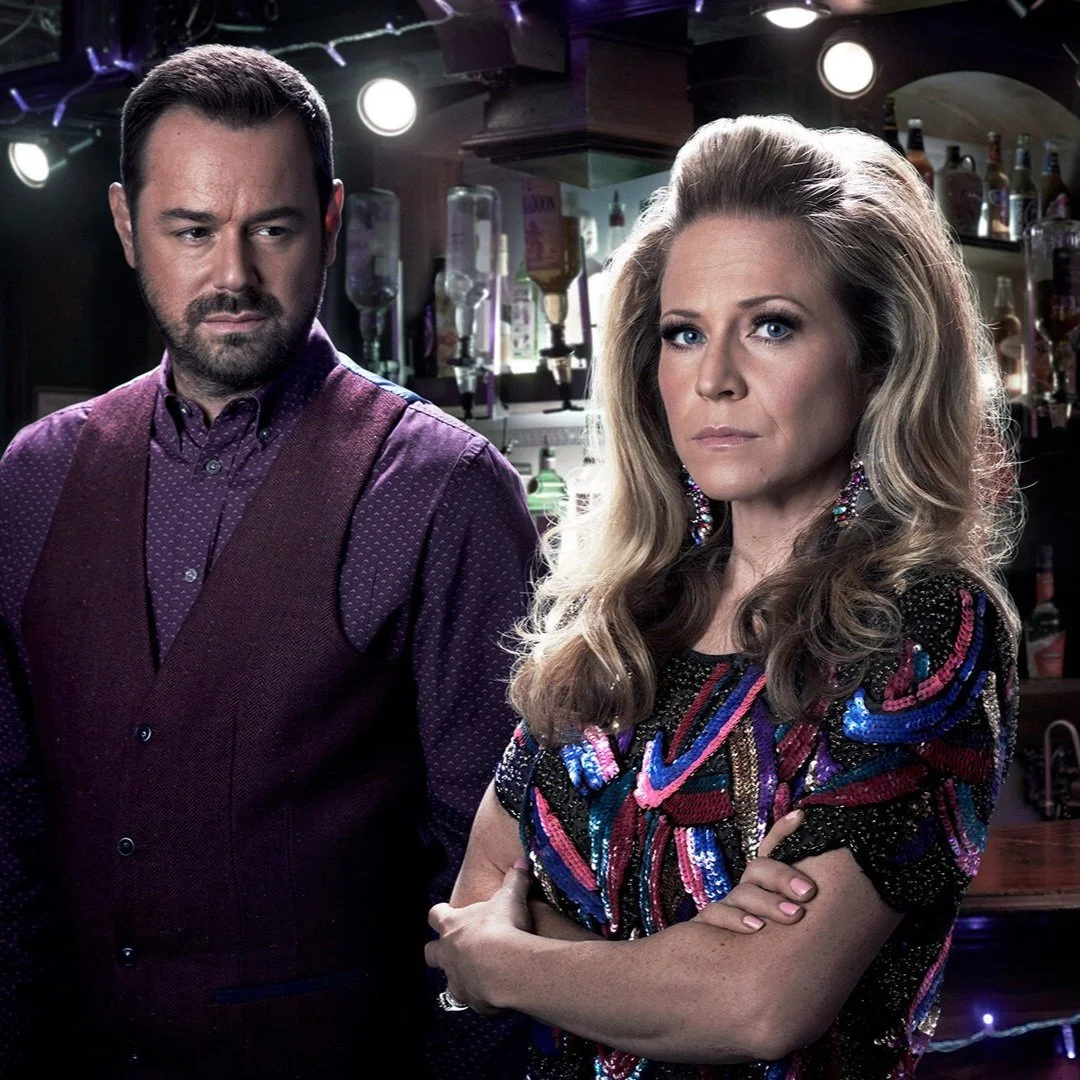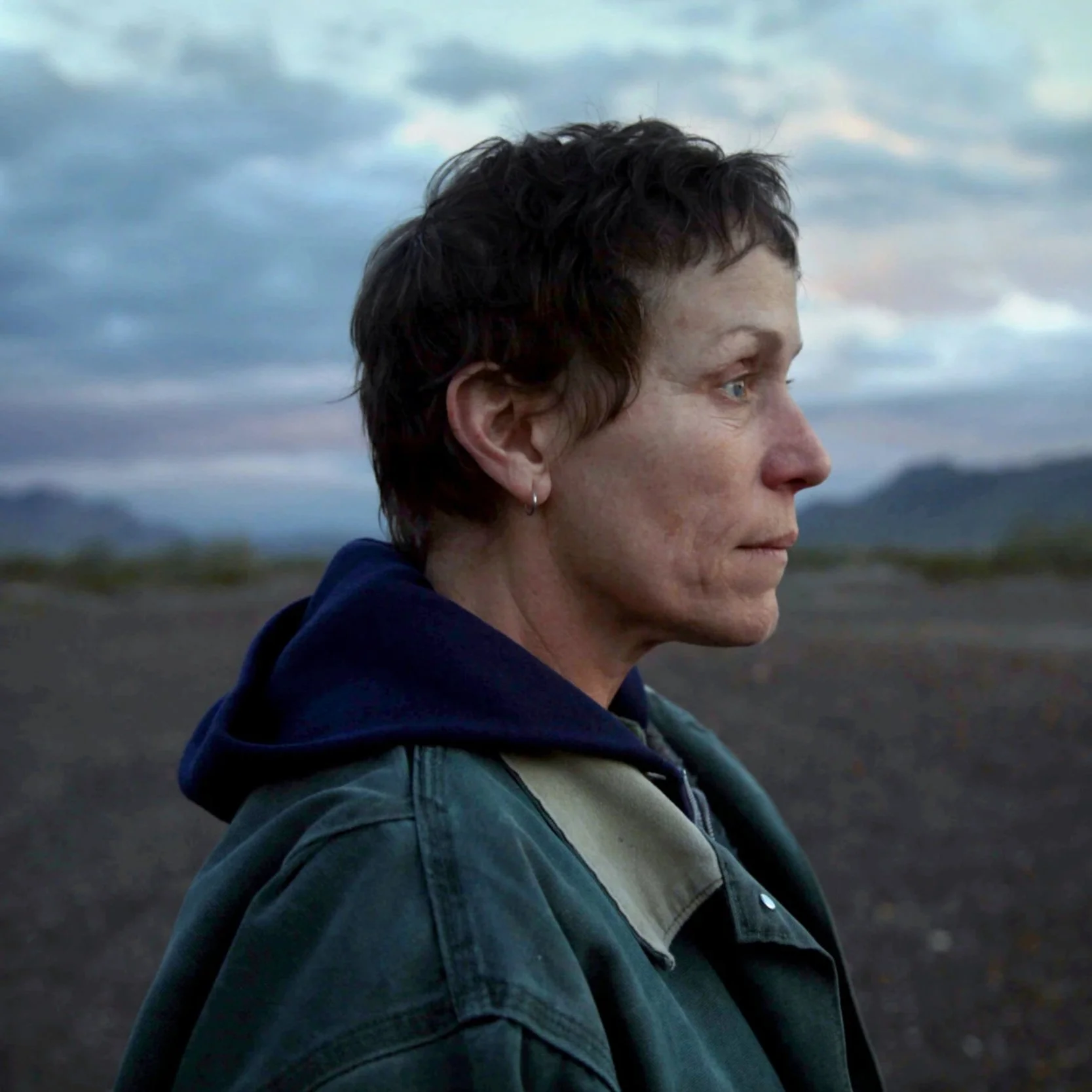Day In, Day Out: Anton Corbijn's Control
I was too young to know Joy Division the first time around, always having a mythologized distance from them through the later lens of being a New Order fan. But as the Factory Records legacy strengthens, lengthens and ossifies over time, and as its main protagonists begin to pass, the telling, and retelling of the all-too-brief four years that Joy Division existed, ending with the suicide of their lead singer, Ian Curtis, has been visualized not only in a number of documentaries, but in two fascinatingly different films.
I’ll not dwell too much on Michael Winterbottom’s 24 Hour Party People, but needless to say it’s a highly recommended, high-energy overview of the Manchester indie music scene from the late seventies to the mid nineties. It chronicles the birth and rise of Factory Records, with bands Joy Division, New Order and The Happy Mondays taking center stage. It features some wonderful, wonderful music. It’s essentially a biography of founder Tony Wilson, flawlessly played by Steve Coogan (The Trip, Stan & Ollie, Philomena), and a wonderfully tragi-comic expression of what it was like to live in Manchester, England during those times. It starts, as most things do, with The Sex Pistols coming to town to play The Free Trade Hall, and the lightbulbs going off for the thirty-or-so people in the audience. Inspired, they would then go off to form Joy Division, The Fall, The Durutti Column, The Smiths and many other seminal indie bands of the eighties. Along the way there’s copious drug use, death, some truly beautiful music, and the kind of bleak humor to get through it all only possible ‘Up North’. The first half of the movie centers on Joy Division’s Ian Curtis, who cut his life short at 23 on the eve of the band’s first American tour.
With a much more serious take, Curtis is the focus of Dutch photographer Anton Corbijn’s (U2, Depeche Mode) 2007 movie Control, which tells the story not only of Ian, but also of his wife Debbie, and is based on her incredible book Touching From A Distance, which comes highly recommended as further reading. Corbijn himself is personally invested, having been inspired by Joy Division’s music in the late seventies to come and work as a live concert photographer in England, and the movie is highly influenced by his previous still photography. He famously shot several notable pictures of the band in rehearsal and in London’s subway. His movie is therefore inherently from the perspective of a fan, but that doesn’t mean it’s nostalgic. Quite the opposite, it’s bleak, cold, and at many times during the movie, detached from Curtis’ internal suffering, much as the band themselves were at the time.
The main arc centers around Ian’s relationship with his young wife Debbie, and the inherent tension of his growing career as a rock star and all the sickness that comes, with that of wanting and needing to be a dad and husband. We see the young couple dating, but there’s always the sense that Ian’s somewhere else, wandering lost in his head. The Curtis’s soon have a daughter, Natalie, and Ian’s life begins to spiral out of control as the band’s success grows, parallel to a rapid decline in his mental health, fueled by undiagnosed epilepsy, bipolar disorder, depression and an extra-marital affair. Corbijn’s treatment of Ian’s emotional descent contrasts with the high energy, high violence performances from the band, which often resulted in Grand Mal seizures and on-stage collapses for Ian, with the artistic tenderness of the exchanges during Ian’s affair with Annik Honoré, a Belgian journalist he’d met on tour.
This collision of emotional, professional, mental and physical breakdowns ultimately causes Ian to exit on his own terms, taking his life at age 23 on May 18th 1980, the eve of the band heading to America the following Monday morning. The scenes between Ian, expertly played by Sam Riley (On The Road, Maleficent, Rebecca), and Debbie, tenderly but exasperatedly played by Samantha Morton (In America, The Walking Dead, Elizabeth: The Golden Age), are fantastic as the walls of their terraced home in Barton Street, Macclesfield close in on them both. Love will tear them apart, again.
Shot in black and white, and truly evocative of late seventies England, Corbijn’s film contains some fantastic depictions of the chaos and violence of Joy Division’s local live performances, as well as contrasting them with the tenderness and creative collaboration of life in the studio under the tutelage of their producer, Martin Hannett, himself truly worthy of his own film. Ultimately, and just like Joy Division’s music, it’s a film about the violence of love. Love of music, love between band members, the violence of love between family, and it’ll certainly scratch the itch for fans of Mike Leigh. Both Riley and Morton capture the coldness of the time perfectly, but it’s Corbijn’s lens, not just technically but emotionally as a fan that truly articulates what it meant to be there at the time. Curtis’ story never gets easier to tell as time goes on, but his story continues with the surviving band members and the birth of New Order, who do eventually get to America, where of course, they end up selling millions of records. They’re that rare, rare thing of a band who survive the death of their lead singer and go on to be even bigger than they were before.
As a fan, I always find Control a tough watch, but as sleeve designer Peter Saville suggests, it’s one of the last truly great stories of pop. And with many of us increasingly isolated from each other this year due to the pandemic, it’s a movie that holds a mirror up to the isolation and despair that comes not only with the deterioration through untreated mental illness, but also the unintended collateral damage to the caregivers of those who suffer. Joy Division’s music and legacy live on, not just through the two incredible albums they made, but through the honesty of what they stood for. Tony Wilson, who founded Factory Records and signed Joy Division, tells a story about their second album, Closer, where he asks Ian’s lover Annik Honoré what she thinks of the dark lyrics on many of the songs. She says “I’m terrified. You don’t understand, he means it.” To which Wilson replies “Of course he doesn’t mean it, it’s art.” Wilson concludes the story by telling us “Well guess what, he fucking meant it.”
Control is currently streaming on Amazon Prime, iTunes and YouTube.



